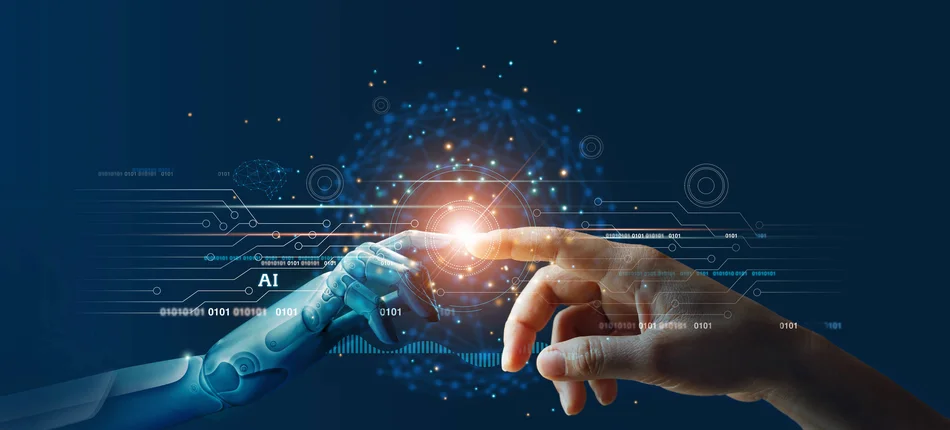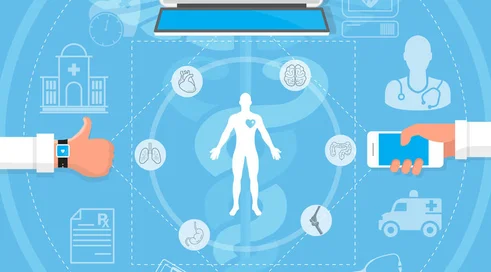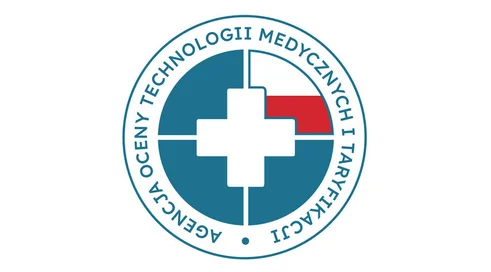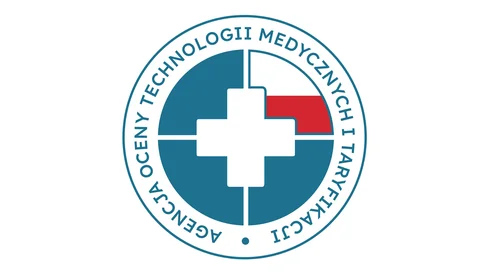Artificial intelligence is a current tool used in many medical disciplines and in healthcare. Its capabilities seem limitless and as a result, there are concerns that over time, if not properly supervised from the beginning, it will become a threat to humans. Stephen Hawking stressed that "the real risk associated with the development of artificial intelligence is not that it will be malicious, but the competence with which it will be equipped." Meanwhile, all indications are that in the world of medicine, artificial intelligence is an instrument that promises a breakthrough on an unprecedented scale in, among other things, diagnosis, laboratory tests, radiology, laser therapies, the creation of robots and the monitoring of their own health by patients themselves. For the time being, it is unable to replace humans but can improve diagnostic and treatment procedures in a significant way.
When it comes to self-monitoring of health, more and more apps are appearing on smartphones or smartwatches to monitor blood pressure, blood oxygen levels, blood sugar, heart rate, brain activity or to notify when a medication is needed. The data collected and organized in this way, made available to the doctor, allows for better tailoring of possible therapy to the patient's needs. In turn, they make it easier for the patient himself to effectively monitor his health and take preventive measures, if o...
Content locked
To gain access to the complete English section of the Medexpress.pl, kindly reach out to us at english@medexpress.pl.


















